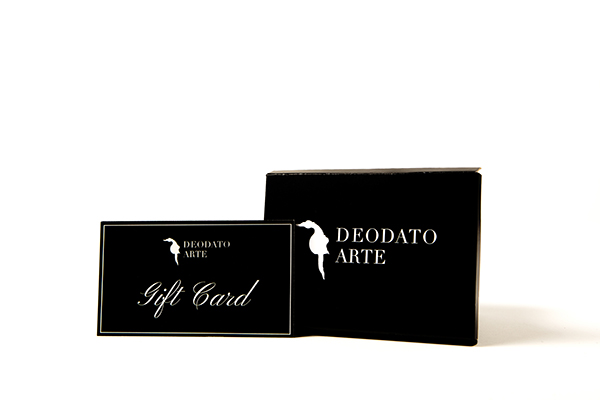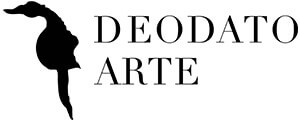
Copyright and right to anonymity. Two seemingly opposite dimensions that the Banksy-copyright dispute has brought to public attention: does the anonymity make it impossible to exercise copyright?
EUIPO, the European Union Intellectual Property Office, responsible for registering a trademark at European level (EUTM, European Union trade mark) has recently decided that the registered trademark of the well-known street artist's Flower Thrower is invalid.
For who does not know the work, it is one of Banksy's most iconic stencils. First appearing in Jerusalem in 2005, it is also known as Rage, the Flower Thrower or Love Is in the Air and it shows a masked demonstrator about to launch a bunch of flowers.
The invalidated Flower Thrower trademark. Why?
In 2014 Pest Control, Banksy's spokesman company and head of services and legal assistance, had filed a trademark for the famous stencil. But the validity was challenged in 2019 by Full Color Black, a company producing street art-themed greeting cards, who claimed that Banksy had filed the trademark in “bad faith”.
Why? Because to register a trademark you need to have a real commercial purpose. At the basis of the dispute was the evidence of a lack of commercial intent in the trademark registered by Pest Control.

For the occasion Banksy did not fail to make his intention clear. He declared that he wanted to stand up to the greetings card company that “is contesting the trademark I hold to my art and attempting to take custody of my name so they can sell their fake Banksy merchandise legally.”
These statements have contributed to EUIPO's decision to identify Gross Domestic Product as a way to circumvent trademark rights requirements. Banksy has thus lost the case and has two months to appeal.
For the lack of commercial purpose, Banksy cannot therefore register his work as a trademark. But the question remains: is it right that the anonymity undermines the copyright?
Mudec - A Visual Protest: an Italian precedent

In 2019 he had sued the 24 Ore Cultura group that organized the exhibition at Mudec in Milan entitled THE ART OF BANKSY. A Visual Protest. The charge was for "copyright infringement and unauthorised sale of merchandising" and for the use of reproductions of his works to publicise the exhibition.
The judge had ordered the removal of the merchandising items, but as in the most recent diatribe with Full Color Black, the limits of copyright are clear. The reproduction of Bansky's works would have been considered a copyright infringement only if the street artist had revealed his true identity.











 Register
Register Wishlist
Wishlist Contact Us
Contact Us
